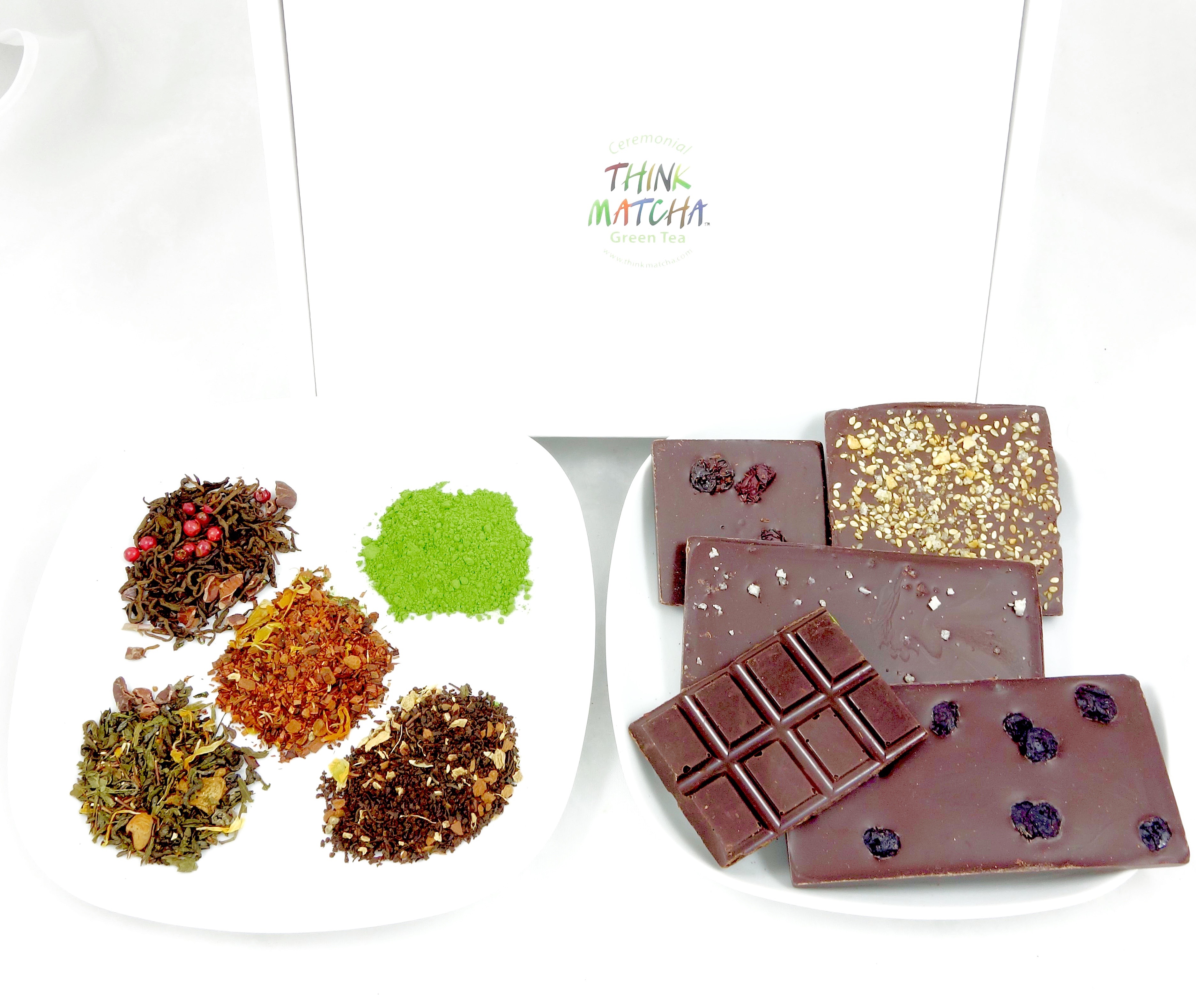
As the sun starts to shine brighter and temperatures start to rise, it’s important to think about protecting your skin from the harmful effects of the sun. Fortunately, a recent medical study has shown that green tea polyphenols (GTP) can help prevent UVB-induced skin damage and even reduce the risk of skin cancer.
The study (Department of Dermatology, University of Alabama at Birmingham) showed that treatment of GTP on human skin prevented the formation of cyclobutane pyrimidine dimers, which are considered to be mediators of UVB-induced immune suppression and skin cancer induction. In simpler terms, this means that green tea polyphenols have a photoprotective effect on the skin, reducing the damage caused by UVB rays.
The benefits of green tea polyphenols don’t just stop at preventing skin cancer. They have also been shown to have anti-aging effects on the skin, helping to reduce the appearance of fine lines and wrinkles. This is because GTP has antioxidant properties that help neutralize free radicals in the skin, which can damage cells and contribute to aging.
While this medical study was conducted on animals and human cells in vitro, there is growing evidence to suggest that green tea polyphenols could be used as pharmacological agents to prevent solar UVB light-induced skin disorders in humans. More clinical trials are needed, but the potential benefits are certainly worth considering.
So, the next time you’re soaking up the sun, make sure to protect your skin with good-quality sunscreen and consider incorporating green tea into your diet. Not only is it a delicious and refreshing drink, but it could also have significant health benefits for your skin.
Disclaimer: The information provided on this website regarding the medical study results on the benefits of green tea is for informational purposes only. While we strive to present accurate and up-to-date information, we make no representations or warranties of any kind, express or implied, about the completeness, reliability, suitability, or availability of the study results mentioned.
The study results should not be considered a substitute for professional medical advice, diagnosis, or treatment. Individual results may vary, and it is always recommended to consult with a qualified healthcare professional before making any dietary or lifestyle changes based on the information provided.



